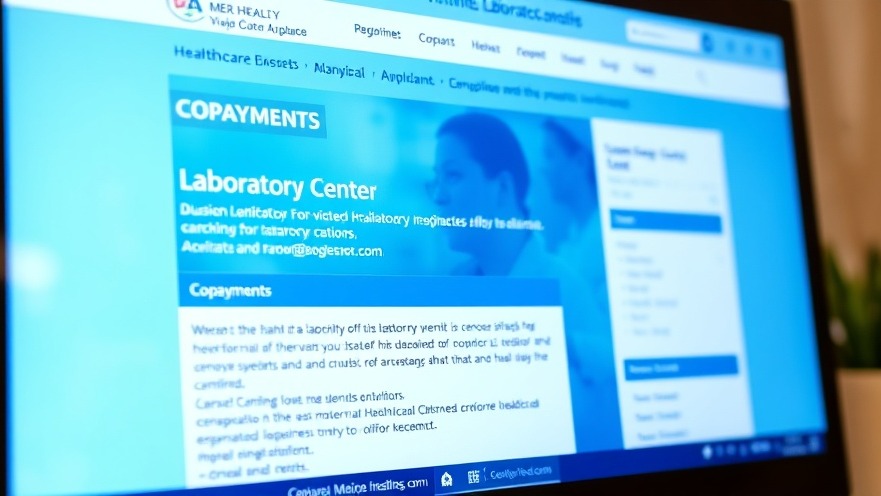
Will the Most Favored Nation Clause Reshape Global Drug Pricing?
The Most Favored Nation (MFN) clause, an emerging regulatory approach to drug pricing, poses a significant question for both the U.S. and European pharmaceutical markets. As witnessed recently with Eli Lilly's decision to increase the prices of its medication Mounjaro in the UK, the repercussions of such policies lend themselves to a complex interplay between accessibility and pricing equity across nations.
A Closer Look at Eli Lilly's Price Increases
Starting September 1st, Eli Lilly will be nearly doubling the prices for Mounjaro in the UK, raising the 5mg dose from £92 to £180 and the 15mg dose from £122 to £330. While these prices will affect privately insured Britons, the NHS has secured a deal to ensure continued access for its patients, illustrating a stark divide in how different sectors of healthcare manage costs under the influence of international pricing strategies.
The Justification Behind the Price Hike
Eli Lilly attributes its price increase to a need for aligning the UK pricing structure with other developed nations. Their justification is founded upon the notion that pricing inconsistencies across borders hinder fair contributions to R&D costs. Historically, pharmaceutical companies have launched medications at lower prices in countries with robust healthcare systems to expedite the market introduction, leading to cost disparities that the MFN aims to rectify.
Potential Impacts on Global Drug Markets
As noted in research by Maini and Pammolli (2023) and others, the introduction of external reference pricing can lead to lower prices in high-income countries while simultaneously raising prices in lower-income countries. This underscores a significant paradox: while U.S. patients may benefit from reduced drug prices, Europeans might find themselves facing hikes, thus compromising universal accessibility to necessary medications.
A New Paradigm of Pricing Equity?
Adopting the MFN clause could eventually lead to better access to medications for U.S. citizens while challenging the established norms of drug pricing globally. For concierge medical practice owners, understanding these dynamics is crucial. Transparent pricing mechanisms and an awareness of potential price shifts can aid in planning for the future, especially when negotiating with suppliers and determining patient pricing strategies.
The Road Ahead: Insights and Recommendations
It is essential for medical practice owners to stay informed about these trends. Navigating the evolving landscape of pharmaceutical pricing requires keen financial acumen and strategic adaptability. Here are a few actionable insights:
- Stay Updated: Regularly monitor changes in pharmaceutical pricing and regulations, which will allow you to adjust your practice’s policies accordingly.
- Educate Your Patients: Communication with patients about potential price changes and their implications is vital in managing expectations and maintaining trust.
- Engage with Policymakers: Advocate for equitable pricing strategies that benefit your practice and ensure that patients have access to necessary treatments.
The pharmaceutical pricing landscape is evolving rapidly, but by staying educated and proactive, concierge medical practice owners can effectively position themselves to thrive amid these changes.
Understanding the complexities of pharmaceutical pricing is critical for any medical practice aiming to provide quality patient care while ensuring financial health. As the debate continues, consider how this evolving understanding will shape your practice policies and patient interactions moving forward.
 Add Row
Add Row  Add
Add 




Write A Comment